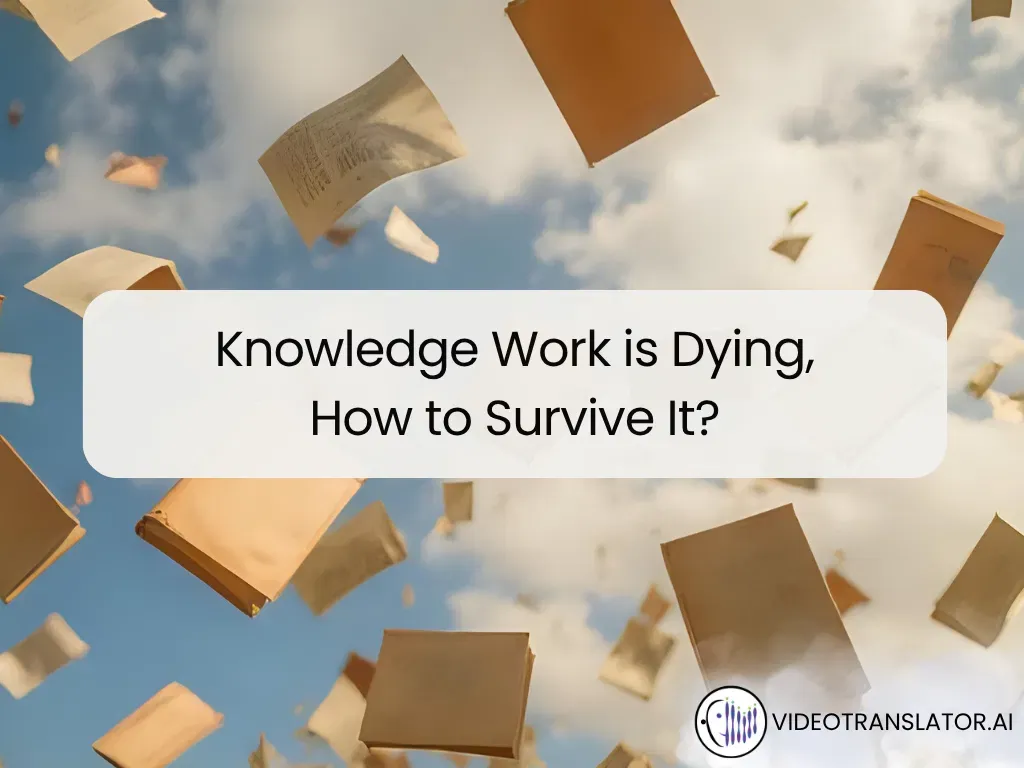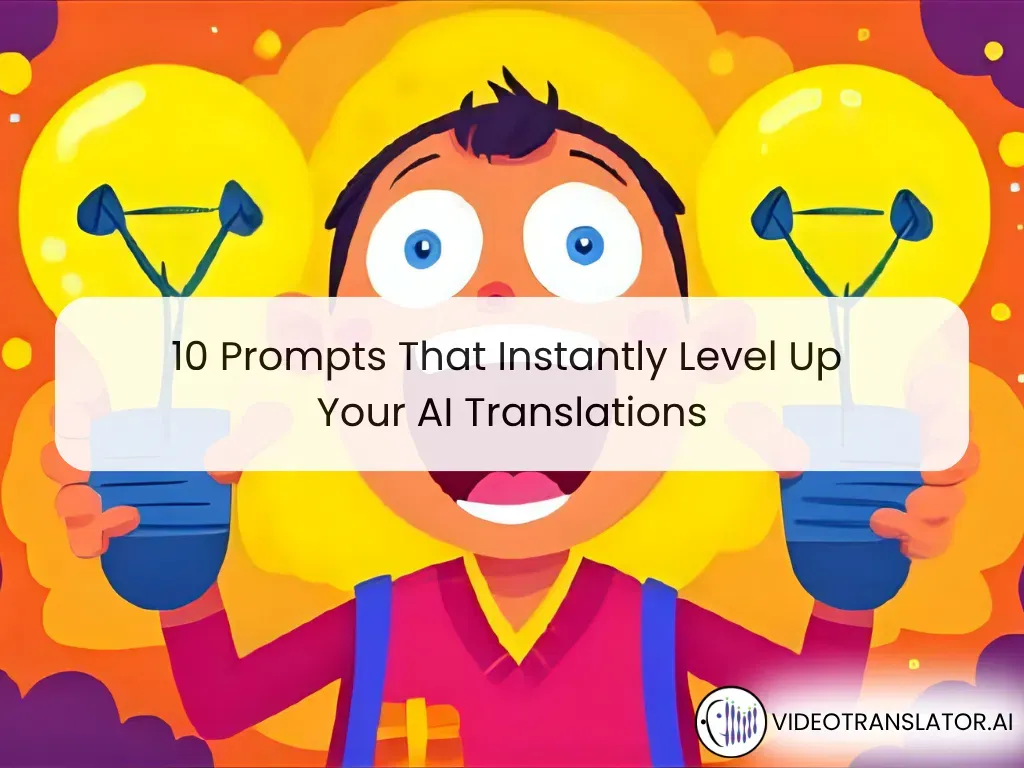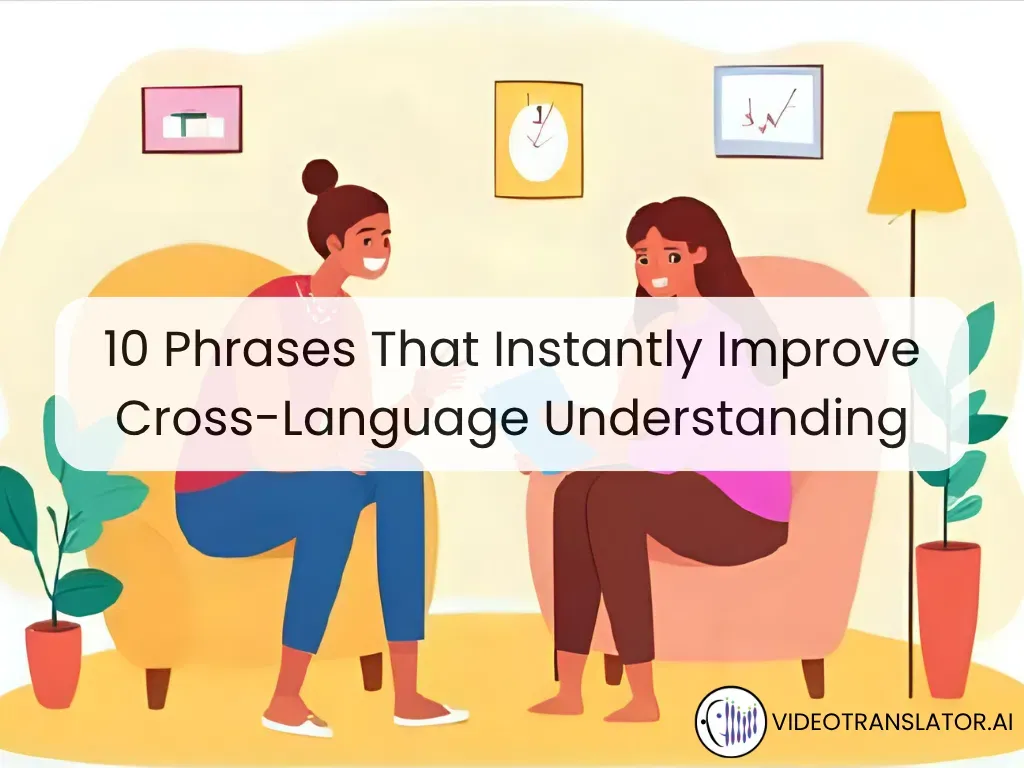Joe Hudson’s claim that “knowledge is dying” has struck a nerve. As AI rapidly consumes information-based tasks and renders clerical expertise less essential, it’s tempting to see this as a death knell for knowledge work.
But the shift underway is deeper and more complex than that. We’re witnessing not the death of knowledge, but a radical reordering of value. Emotional clarity, discernment, and human connection—once considered soft skills—are emerging as hard currency in a world saturated with machine-generated prose and logic.
So, how do we survive in this era?
In this article, we’ll examine why agency, in-person craft, and smarter resource allocation will be the keys to thriving.
What Hudson Gets Right
In his article “Knowledge Work Is Dying–Here’s What Comes Next”, Joe Hudson argues that knowledge like memorising facts, applying frameworks, and stacking credentials are now one-click tasks for larger models.
As a result, the edge shifts to wisdom work, emphasising the importance of emotional clarity, discernment, and connection.
How do we demonstrate those qualities in a labour market where ChatGPT can write everyone’s resumé? We’ll elaborate on this in the next section.
Six Agency Building Skills
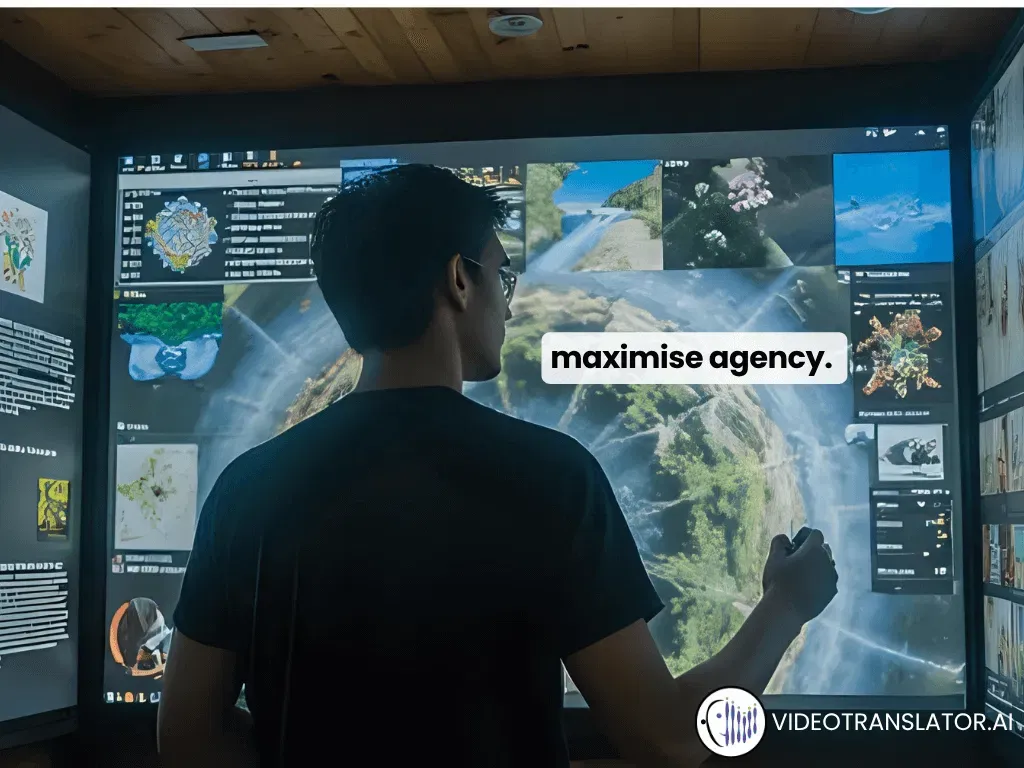
Whether you foresee mass unemployment or an AI-fuelled job boom, the personal game plan stays the same: maximise agency.
These six skills are the foundation:
1. Frame High Quality Problem
Value now starts with choosing challenges that are worth solving. High-quality problems are those that matter deeply, are hard to solve, and, if addressed, create real value.
For example, instead of asking “How can I write faster emails?” a high-quality problem might be, “How can I build trust with my team through communication?” One focuses on speed; the other unlocks deeper impact.
2. Practice Optimistic Preparedness
Assume your personal agency can grow. Therefore, plan for upside, not just defence. Build systems and habits that let you seize good opportunities when they come.
3. Polish In-person Craft
AI can help you write emails, create presentations, and even summarise meetings, but it can’t replace the human touch in real-time interactions. Boards, classrooms, and shop floors are calling people back. Live facilitation, negotiations, and reading rooms beat any LLM-edited CV.
4. Refine Discernment
AI can flood you with information that sounds right. But not everything that sounds smart is true or useful. Drowning in plausible prose, separating signal from noise is both rare and hard to screen for.
5. Demonstrate Agency Publicly
It’s not enough to say you’re capable. You need to show it. Whether through side projects, speaking up in your community, or sharing your work online, your actions speak louder than your resume.
6. Allocate Resources Wisely
Shipper argues that we’re moving from a knowledge economy to an allocation economy. It’s no longer just about knowing stuff—it’s about making smart decisions with time, money, energy, and people.
These six skills turn a ‘tool user’ into a ‘tool-wielding owner.’ Instead of merely using the tool or adapting to its limits, they’ll use it as an extension of their own thinking and decision-making.
From Maker to Manager–Faster
Shipper makes an important point that could change how we think about career growth: future managers will practice on AI teams before they ever lead humans.
Giving a capable employee control over ten autonomous AI agents is like giving them a practice team. It’s a low-cost way to build essential leadership skills: deciding what does what (delegation), setting priorities, and resolving conflicts between different goals or outputs.
Because AI responds instantly, that employee gets fast feedback and can improve much more quickly than if they were managing a human team from the start. When they move into leading people, their decision-making and allocation reflexes are already honed.
In short, the learning curve for management just got a turbo-boost. If you can manage AI agents effectively, you’re already training to become the kind of person who can be trusted to lead a real team.
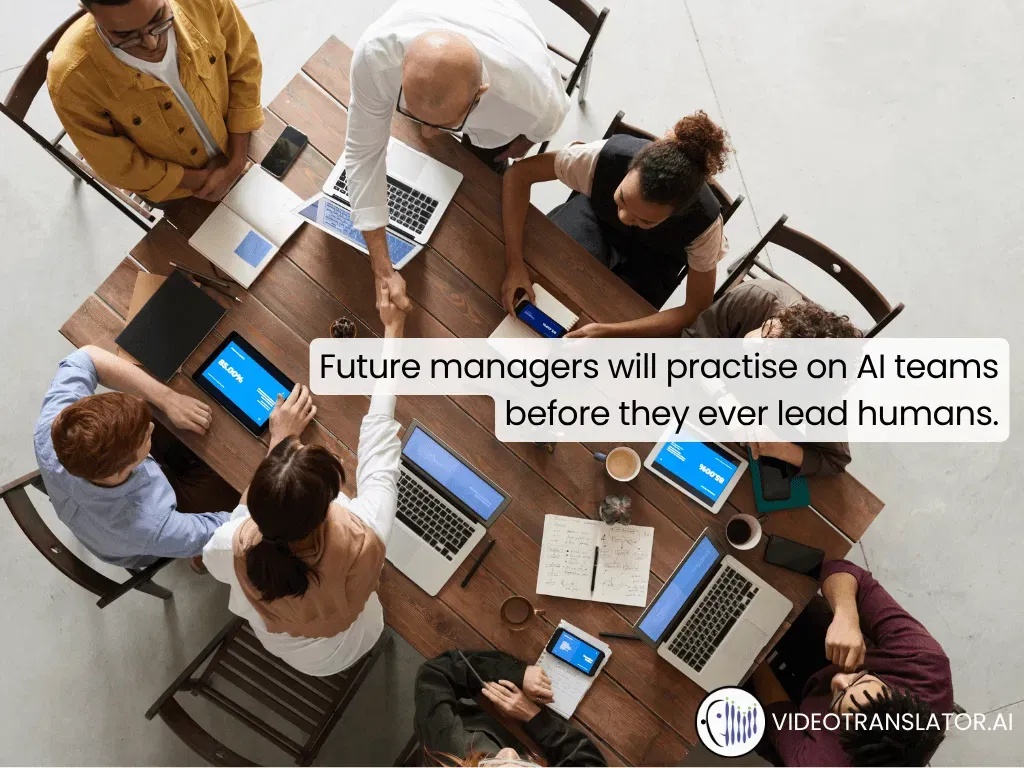
Entrepreneurial Tailwinds
Here’s another megatrend worth watching: it has never been easier to spot a niche, build distribution, and start a viable business.
Thanks to AI toolchains, no-code platforms, and global social channels, a solo creator can now do things that once took entire teams, such as:
- Noticing a micro-pain discussed on Reddit or Discord.
- Building a simple first version (MVP) of a product or solution in just a weekend.
- Reaching thousands of people via social media, like TikTok, LinkedIn, or newsletters, without needing approval from a company, publisher, or investor.
The key takeaway is that you get leverage when you combine personal agency with smart allocation of tools and resources. In today’s world, that leverage can go a long way.

Also read: New Hats, Same Mission: How Vibe Translation Reshapes Every Seat at the Table
Can AI Accelerate Wisdom Work?
The big, unanswered question–teased by Hudson–is whether these same models can actually speed up wisdom work itself.
Imagine what that might look like:
- On a personal level: A coach-in-your-ear flagging cognitive biases during a meeting.
- On a team level: Transcripts that don’t just capture words but surface emotional undercurrents early, before they turn into real problems.
- On a community level: Dashboards that take raw, messy data and turn it into narratives citizen can understand and act on.
If AI can help us scale wisdom, we won’t just keep up with machines. We’ll outrun them.
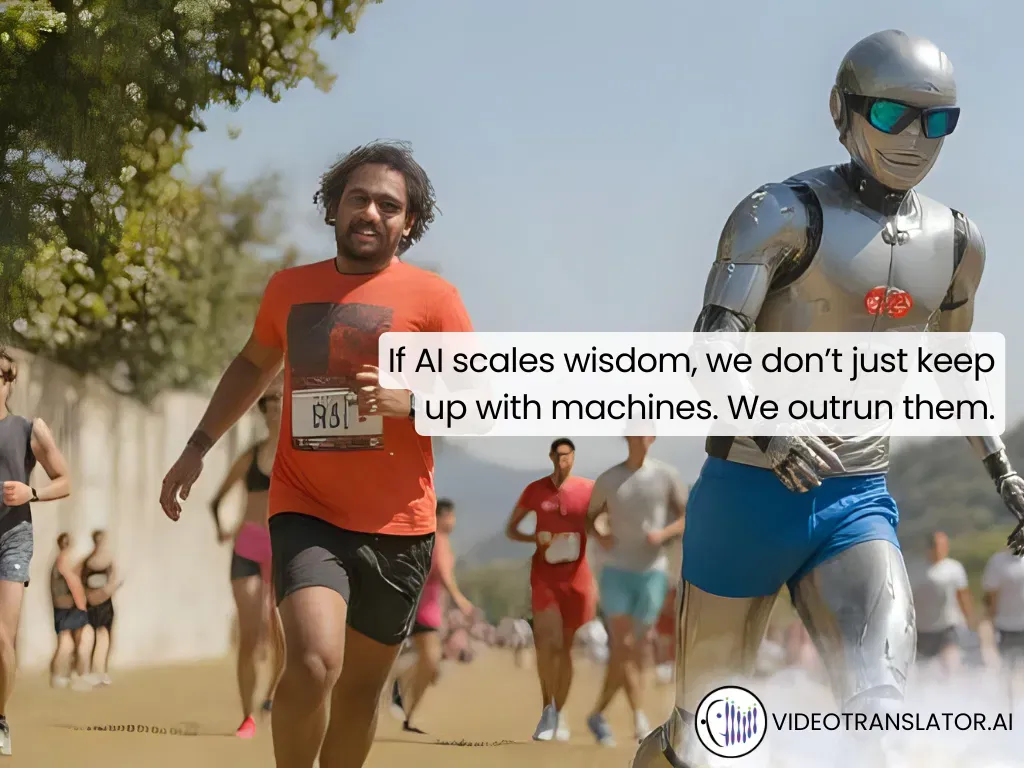
Habits and Signals to Adopt Now
If you want to develop real-world agency and stand out, here are three simple weekly practices that touch every skill we’ve talked about:
1. Write a Problem-Statement Journal
Each week, pick one meaningful problem you’ve noticed—maybe from work, your industry, or daily life—and share a possible solution on LinkedIn. This sharpens your ability to frame high-quality problems and makes your thinking visible to others.
2. Practice Leading Live Spaces
Host a small event: a workshop, webinar, or local meetup. Record a short, 2-minute video recap to share what happened. This helps you build in-person skills like facilitation, reading the room, and communication.
3. Agent-orchestration Drill
Spin up a small AI team (e.g., research summariser, copy-editor, and scheduler. Try working with them on a small project, then publish what you learned. This builds your ability to allocate resources—and shows you’re not just using tools, you’re orchestrating them.
These habits don’t just build high-agency skills. They signal them to the world. You’re not just learning. You’re showing you know how to lead in the new era.
Conclusion
Hudson is right; knowledge work is fading. And Shipper is right too; we’re entering an allocation economy. Put those insights together, and the people who will thrive are those with real agency, who can allocate resources wisely, lead in the room, and separate signal from noise. Most importantly, they’ll show their skills publicly.
AI didn’t just change the game. It handed us the playbook. Now it’s up to us to practice.
Video: Survive the Knowledge Work Shift!
References
